Banana exports are crucial to Ecuador's economy, as they are the country's second largest non-oil foreign exchange earner, second only to shrimps. The banana sector generates more than 3 billion dollars annually and 250,000 direct jobs, which represents around 47% of the country's agricultural gross value added. They also have a significant impact on rural areas, and promote the production of inputs such as cardboard boxes and fertilizers.
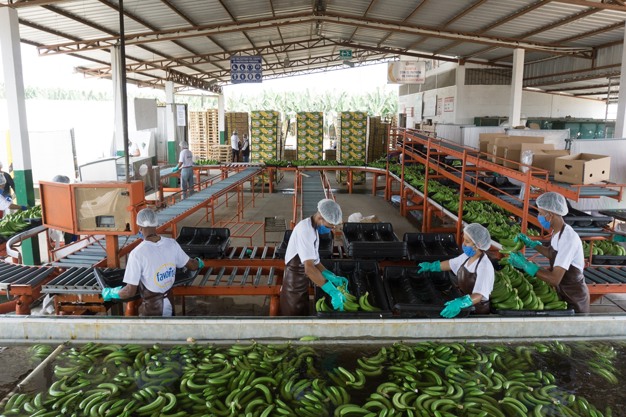
"In the European market, Ecuadorian bananas compete mainly against those from Central American countries, such as Guatemala, Costa Rica and Colombia, as well as from Africa. Moreover, in the Spanish market, the Canary Islands are also a significant competitor for Ecuadorian bananas," says Reybanpac's General Manager José Antonio Vargas.
According to Vargas, "this year's weather conditions have been less favorable, with colder and drier temperatures, and the fruit's weight has been affected. The bananas are smaller and, consequently, more units are needed to reach the standard weight, unlike last year, which was atypically favorable for the production."
Reybanpac has about 10,000 hectares devoted to production. Of these, 7,000 hectares are managed directly by the company itself and 3,000 by associated local producers. In 2023 alone, the company exported 27.8 million boxes of bananas, meeting the high demand from global markets such as Europe, Asia and the Middle East, says Vargas.
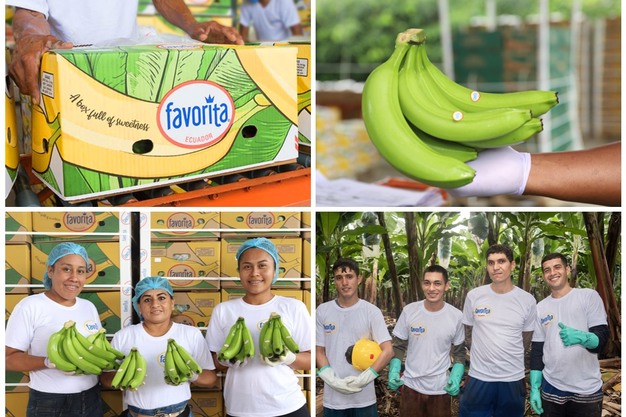
Europe remains Reybanpac's main destination, accounting for 34% of its exports, followed by Russia, Asia and the Middle East. Although geopolitical tensions, such as the conflict between Russia and Ukraine, have impacted the Russian market, Reybanpac has maintained a strong presence in these regions. "Ecuadorian bananas are highly valued for their long shelf life when green, which is fundamental to reach distant markets," says Vargas.
Reybanpac has faced logistical challenges, especially after the pandemic, which caused a shortage of shipping space and increased freight costs. The war between Russia and Ukraine has also increased the cost of agricultural inputs. Currently, external factors such as the Red Sea crisis are taking a toll on transit times in some regions, such as the Middle East, and shipments to Asia are being affected by transshipment problems in North America, making it difficult to offer consistent product deliveries to customers.
Vargas says that although the Ecuadorian government has set a minimum price of $6.85 per box of bananas, the industry still struggles to remain profitable due to rising production costs. "Even though bananas are the cheapest fruit in the world, their price has barely changed over the last decade, while costs have risen enormously," says Vargas.
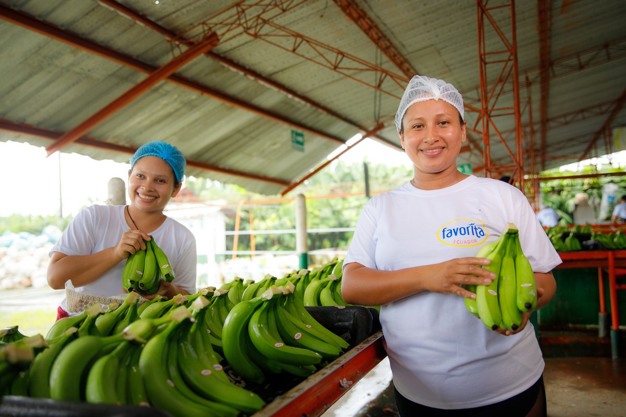
"The company's success in protecting the integrity of its products during transport is to thank to rigorous agronomic practices, including superior farm management and well-defined nutrition protocols. Also, we have invested in biosecurity measures to protect our crops from diseases such as Fusarium R4T, which has devastated banana plantations around the world. Although this disease has not yet reached Ecuador, the company has implemented strict protocols to protect its crops, such as zoning, personnel training, tool cleaning and internal communication campaigns," says Vargas.
The company is also gradually implementing water recirculation systems in its packing plants, reducing water consumption in packing plants by 71%, and is recycling plastic waste, incorporating it into its production processes and even turning it into playground equipment for the schools of its Wong Foundation.
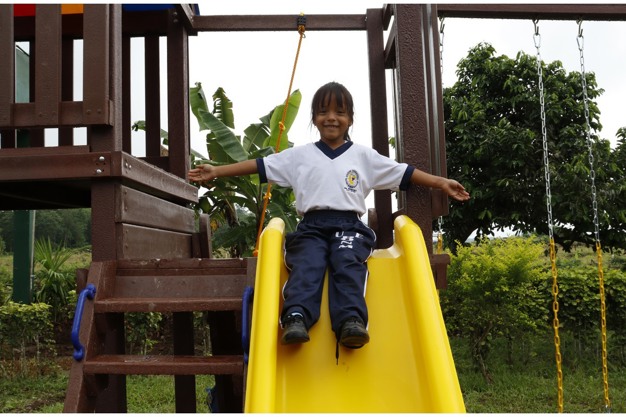
Playground equipment at the Wong Foundation.
Reybanpac implemented a pilot plan in 2021 to use microorganisms in its banana production. In 2023, it set up a biofactory to produce, store and distribute these microorganisms on its farms. "This treatment with microorganisms brings several benefits, such as accelerating the biodegradation of organic matter, improving nutrient absorption, increasing soil fertility and preventing plant and root diseases. It also allows them to reduce the use of nematicides. The goal is for 100% of the 7,000 hectares to be covered with this treatment by 2025, thereby promoting a more sustainable and environmentally-friendly production," says Vargas.
Reybanpac will be present at the Fruit Attraction fair in Madrid. You can find them in Hall 4, stand 4C06.
For more information: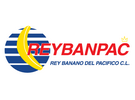
José Antonio Vargas
Reybanpac, Rey Banano del Pacífico C.L.
Tel.: +593 967235031
[email protected]
www.favoritabananas.com










